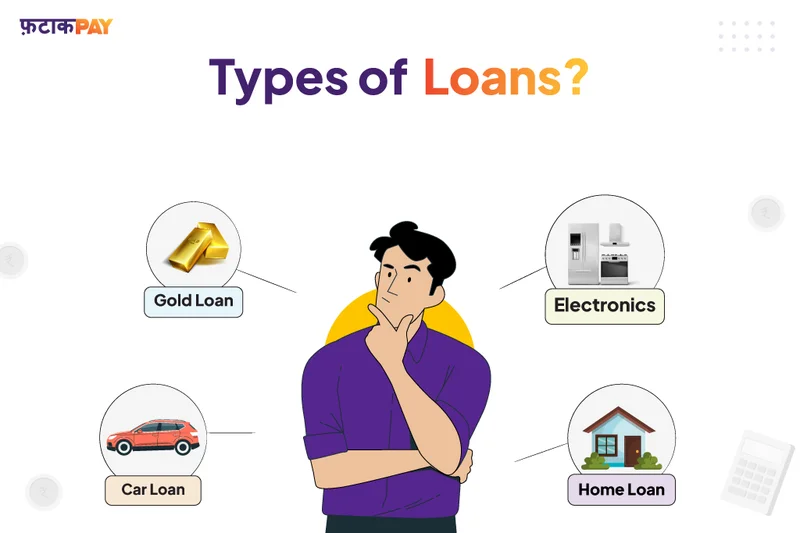Loans: The Future of Funding – What Reddit is Saying
Okay, folks, buckle up. I’ve been diving deep into some new data, and what I’m seeing is… well, it's complicated, but ultimately, inspiring. We're talking about climate finance—the flow of money from richer countries to help developing nations green their economies and adapt to a changing planet. Now, a recent analysis has revealed some, let’s say, interesting choices in where that money is going. Are we looking at a broken system, or the first messy steps towards a real solution?
The Money Trail: A Few Surprises
The Guardian and Carbon Brief did some digging and found that while a chunk of climate finance is indeed reaching the world’s poorest nations, significant sums are also flowing to countries like China, Saudi Arabia, and the UAE. Yes, you read that right – petrostates are getting climate loans. China and Saudi Arabia among nations receiving climate loans, analysis reveals
Now, before you grab your pitchforks, let's think about this for a second. Is it ideal? Maybe not. But is it necessarily a bad thing? Look at the UAE, for example. They received over a billion dollars in loans from Japan for projects like an offshore electricity transmission project and a waste incinerator in Dubai. A waste incinerator! That’s turning trash into energy. It may not be a solar farm, but it is miles better than a landfill.
The knee-jerk reaction is to scream foul. But what if this is part of a larger, more nuanced strategy? What if, by funding these projects in wealthier nations, we're not just helping them reduce their emissions, but also creating scalable models that can then be adapted and implemented in less developed countries? Think of it like this: the Apollo program wasn't just about getting to the moon. It was about the technology we developed along the way—technology that revolutionized everything from medicine to materials science. Maybe these climate finance investments can have a similar ripple effect.
And it's not just about the big players. The analysis also showed that several Balkan countries hoping to join the EU received significant climate finance. Romania, an EU member, even got a grant from the US for an engineering study on small modular nuclear reactors. Nuclear! Now, I know that's a hot-button issue for some, but let’s be honest, nuclear energy, when done right, can be a game-changer in the fight against carbon emissions.

But here's the kicker: a lot of this climate finance is coming in the form of loans, not grants. And that's where things get a bit dicey. As Ritu Bharadwaj at the International Institute for Environment and Development pointed out, climate finance is increasingly becoming a financial burden for poorer nations. Are we helping them, or just kicking the can down the road, saddling them with debt they can't afford? Shakira Mustapha, a finance expert at the Centre for Disaster Protection, asks the critical question: "are countries just taking on new debt to repay old debt?" It's a valid concern.
This also brings to light the question of what constitutes a "developing country" in the 21st century. As Sarah Colenbrander at the Overseas Development Institute rightly points out, it's absurd that countries like the UAE and Singapore are still classified in the same category as Togo and Tanzania. The UN's development categories haven't been updated since 1992! That's like using a map from the Stone Age to navigate modern Manhattan. Shouldn't these wealthier nations be stepping up and providing climate finance, rather than receiving it? It’s a tough question to answer.
But let's not lose sight of the bigger picture here. Joe Thwaites at the Natural Resources Defense Council is right: overall flows of climate finance are increasing. Are they increasing enough? Probably not. But the trend is undeniable. And as the UN Climate Change spokesperson said, this isn't charity; it's a strategic investment in our collective future.
This reminds me of the early days of the internet. Remember when people were complaining that it was just a playground for academics and nerds? Remember when dial-up was the only option, and websites took forever to load? We're in a similar stage with climate finance. It's messy, it's imperfect, and there are definitely some kinks to work out. But the potential is enormous. Imagine a world where every nation, regardless of its wealth, has access to the resources it needs to build a sustainable future. Imagine a world where climate change is no longer a threat, but an opportunity for innovation and growth.
When I see these initial climate loans, I honestly just sit back in my chair, speechless. This is the kind of breakthrough that reminds me why I got into this field in the first place.
It's a Start, Not the Finish Line
The current state of climate finance isn't perfect, not by a long shot. But it's a start. It's a sign that the world is finally waking up to the urgency of the climate crisis and beginning to put its money where its mouth is. We need to keep pushing for reforms, for greater transparency, and for a more equitable distribution of resources. But let's not dismiss the progress that's already been made. The future is not fixed, but it is up to us to create it together.
